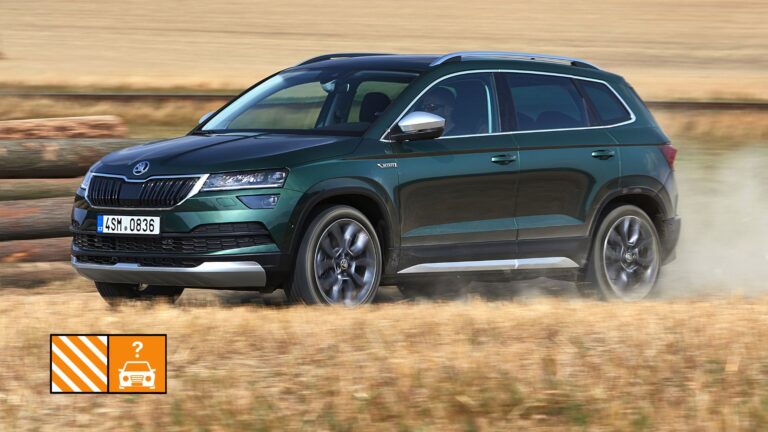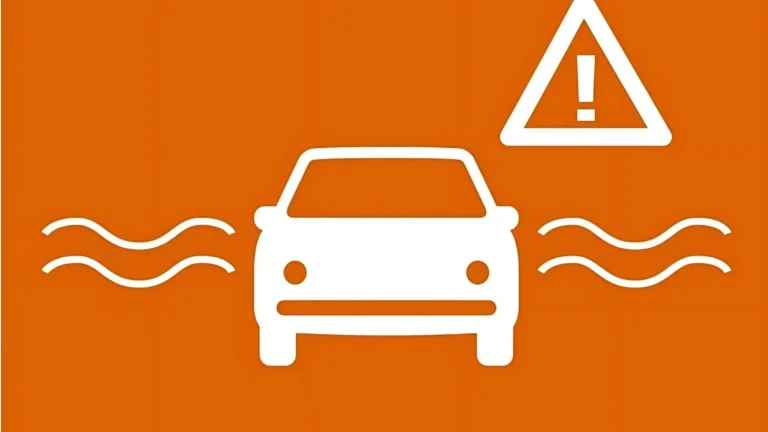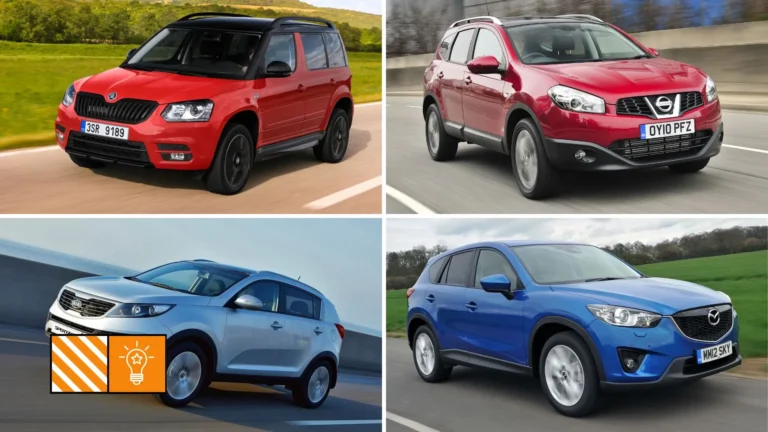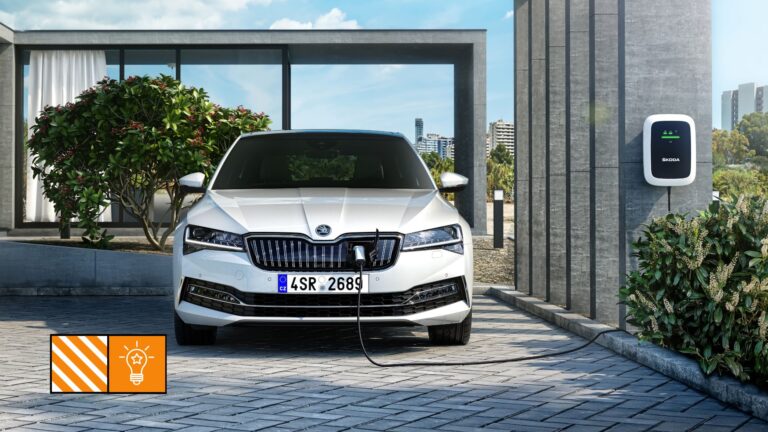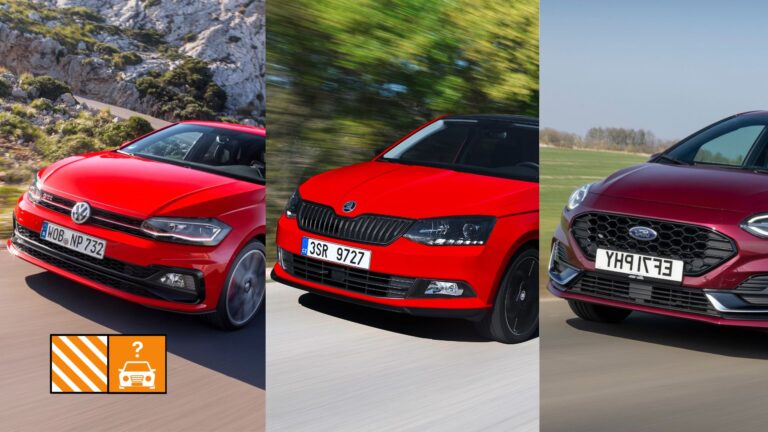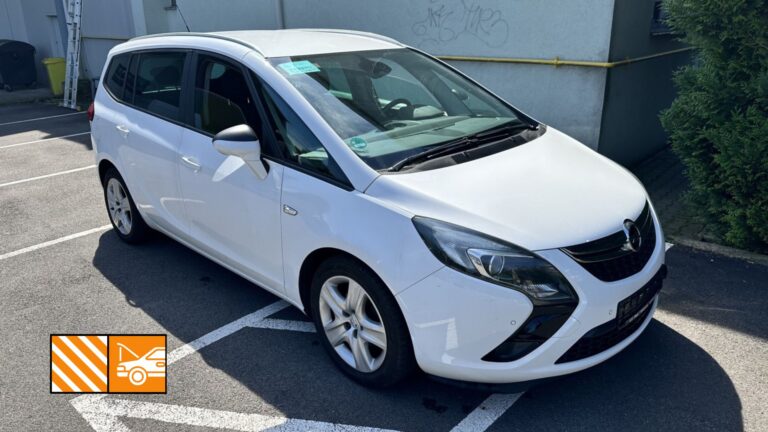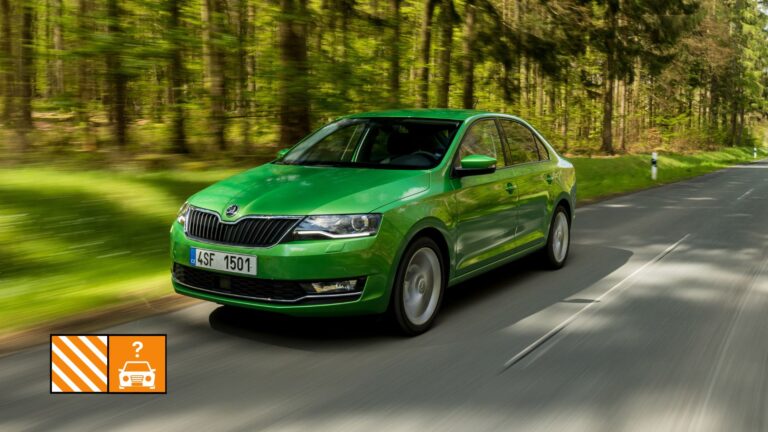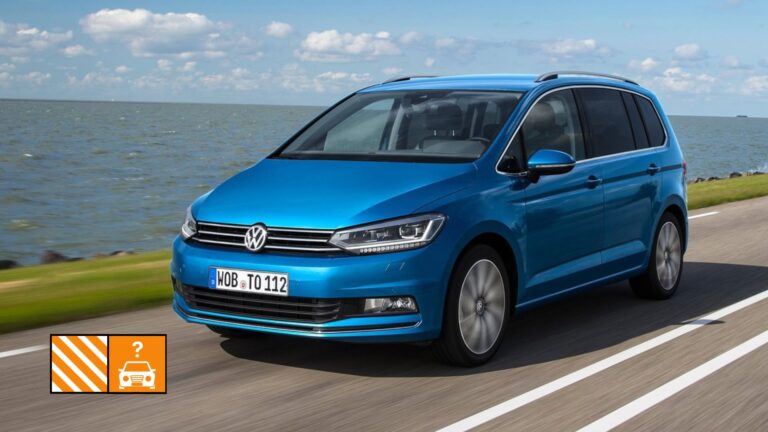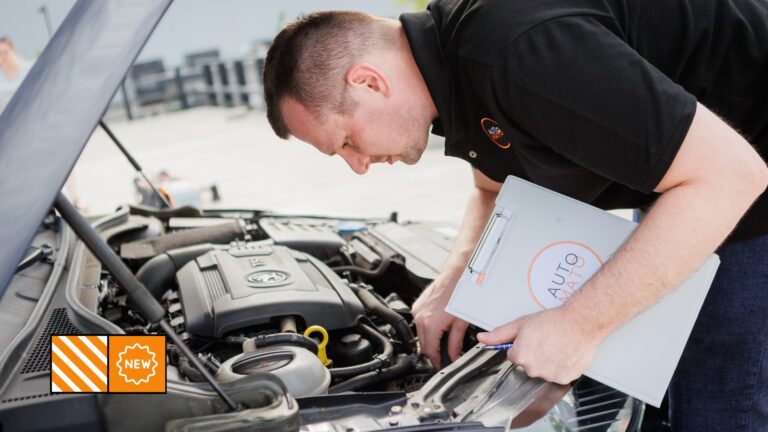Test: Volkswagen Golf 7 – When compact means comfort and quality
- Used car tests
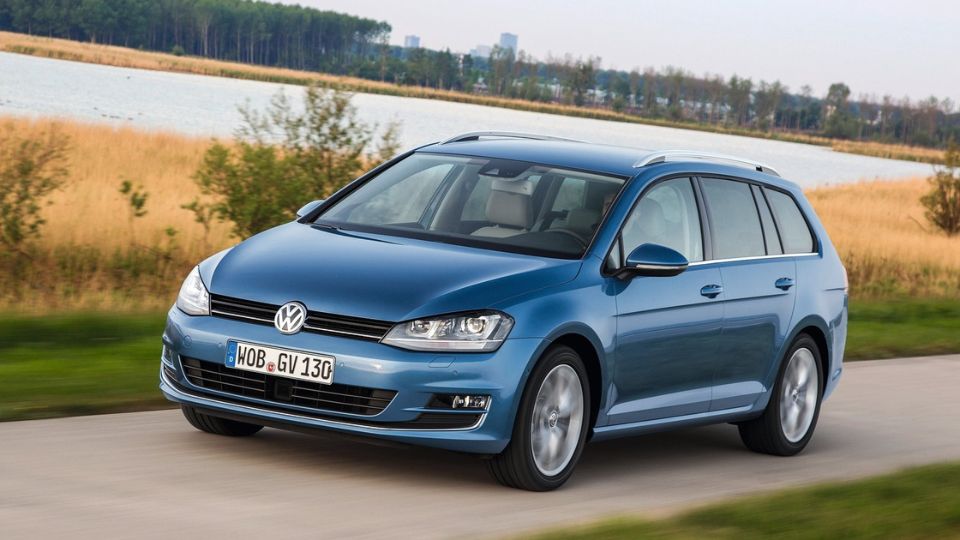
Entering the world of the automotive industry without getting to know the Volkswagen Golf is like starting to write movie reviews without seeing classics like Lord of the Rings or Pulp Fiction. In short, you would be missing something. And today we invite you to a walk through the world of the Golf 7 – the seventh generation of this iconic model. Test: Volkswagen Golf 7, let's go.
First impressions and test of the Volkswagen Golf 7
The Golf 7 is striking in its appearance at first glance. With the characteristic features that make up its DNA, it is unmistakably a Golf. Yet it also carries a fresh touch of modernity, which you can find in the LED headlights and the elegantly shaped rear end.
The interior offers the simplicity and quality for which VW is so well known. The Golf 7 continues this tradition with a logically arranged dashboard and controls within easy reach. The infotainment system with an 8-inch touchscreen is one of the best in its class, easy to use and responsive.
Behind the wheel of the Golf 7
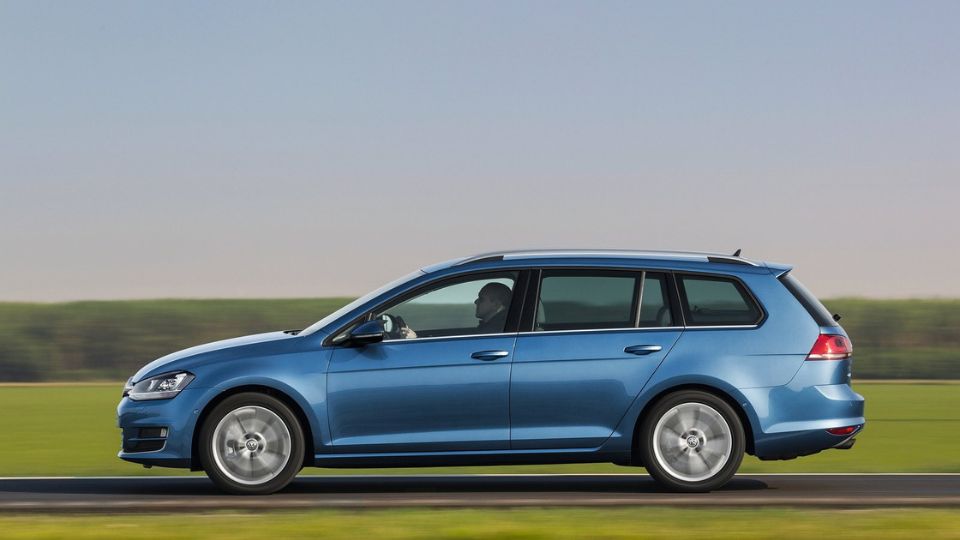
Once you get behind the wheel, it's clear that the Golf 7 is ready to delight you with its driving characteristics. A choice of driving modes allows you to tailor the car to your preferences, from comfort to sportiness.
The steering is precise, the chassis is firm yet comfortable – there is a clear sense of control and stability. The Golf 7 surprises with its ability to absorb road irregularities with ease. Even on more technical and winding sections, it excels thanks to its firm yet supple chassis.
Volkswagen Golf 7 engines and their pros and cons
1.2 TSI
This four-cylinder turbo petrol engine is ideal for urban environments and short journeys. Its low consumption and decent performance make it ideal for those looking for an economical car for daily use. However, this engine can lose its breath on the motorway and require more gas pedaling when overtaking. In terms of reliability, there can occasionally be problems with the turbocharger or cylinder head gasket.
1.4 TSI
The 1.4 TSI engine is a more balanced choice, providing better performance without a significant increase in fuel consumption. It is powerful enough for motorway driving and can also handle trips over hilly terrain. In terms of reliability, these engines are generally well designed, but it is important to keep an eye on the timing chain, which may show signs of wear and need replacing. Remember this check before buying.
2.0 TSI (GTI)
The 2.0-litre TSI in the GTI is the engine for those who want real driving fun. It offers great performance and quick response, making the Golf GTI a real joy on the open road and around corners. The downside is higher fuel consumption and the need for regular maintenance. Some older models can suffer from problems with cylinder head gaskets and turbocharger wear.
1.6 TDI
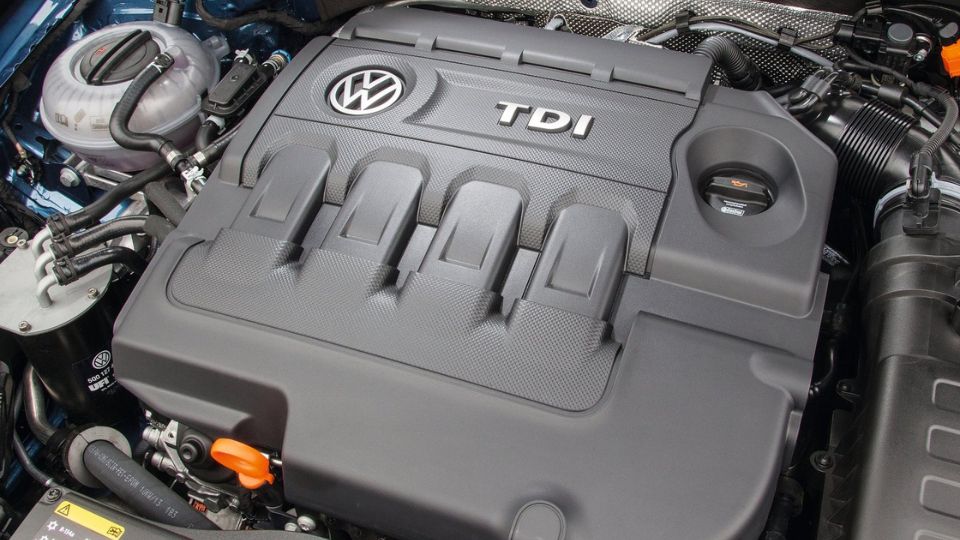
The 1.6 TDI diesel engine is a more economical choice for those who often drive long distances. With very low consumption and sufficient power for most situations, it is a great choice. However, it is important to regularly check the condition of the EGR valve and DPF filter, which can cause problems.
Test: Volkswagen Golf 7 with 2.0 TDI
The 2.0 TDI engine provides more power and is ideal for long journeys or those who often carry heavy loads. This engine is generally reliable, but it is important to monitor the condition of the turbo and regularly check the oil system, which can tend to clog.
GTE (Hybrid) & e-Golf (Electric)
They offer eco-friendly solutions for those looking to reduce their environmental impact. The GTE combines a petrol engine with an electric motor, offering a good balance between performance and ecology, while the e-Golf is purely electric. However, the battery can be a big investment if it needs to be replaced, and the e-Golf's range is limited to around 200 km, which may be limiting for some drivers.
Interior and equipment – Quality that speaks for itself
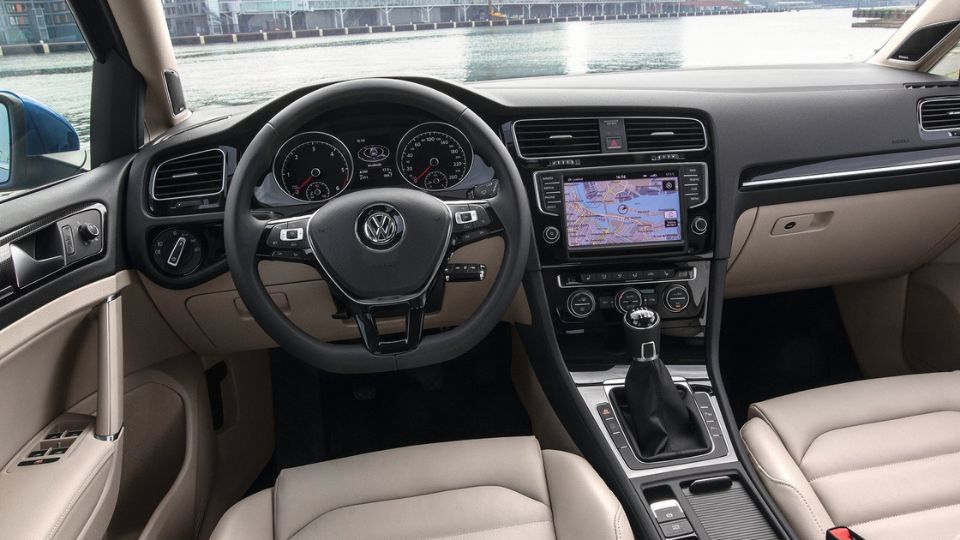
One of the main features of the Volkswagen Golf 7 is its interior, which offers a high level of quality and comfort. Upon entering the car, you are greeted by an elegant design that is simple yet sophisticated.
Design and comfort
Distinctive ergonomic design, the Golf 7 offers plenty of space for five passengers and their luggage. The seats are comfortable and supportive, meaning you should stay refreshed and rested even on long journeys.
The center console is logically arranged, with most controls within easy reach. The dashboard is well designed, with information easy to read and intuitive.
Infotainment and technology
The Golf 7 comes with an 8-inch touchscreen infotainment system that is easy to use and responsive. Navigation, Bluetooth, radio and other functions are accessible through this system. Some higher models also offer a digital instrument cluster that you can customize to your preferences.
One of the main advantages of this system is its ease of use. Some competing models can have complex or confusing systems, but VW has stuck to a simple and intuitive design.
One downside is that while the system generally works well, some units may experience instability or freezing issues. It's also possible that some features, such as navigation, may require map updates to function properly.
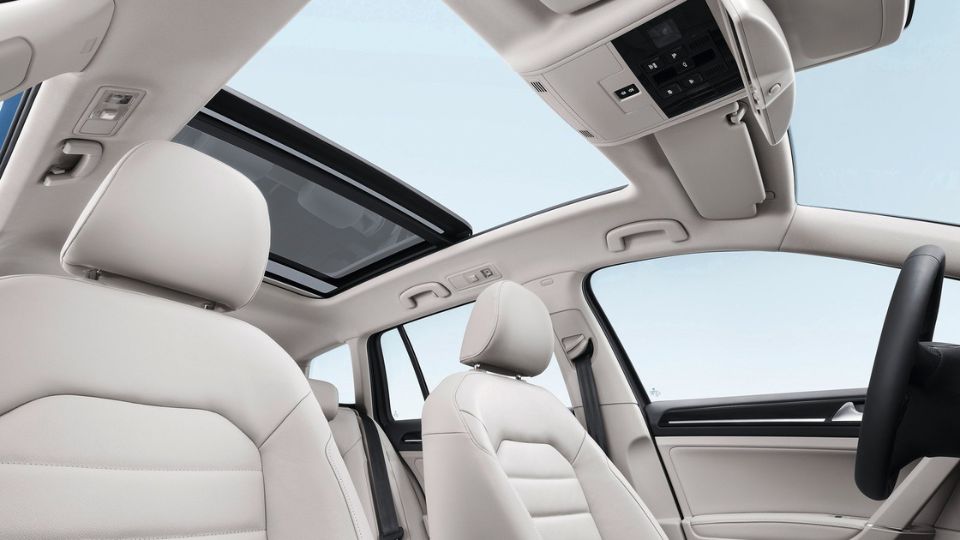
Test: Volkswagen Golf 7 and his Safetythose
Test: The Volkswagen Golf 7 also revealed that it is equipped with a number of safety features, including multiple airbags, stability control (ESP), hill-start assist and many more. Some higher specifications also offer assistance systems such as adaptive cruise control and blind spot monitoring.
Depending on the model and year of manufacture, some of these features may not be available or may be included as standard. It is always important to carry out a thorough checking equipment when buying a used car.
Disadvantages and potential problems of the VW Golf 7
Although the VW Golf 7 is an excellent vehicle in many ways, it is important to also address its possible shortcomings and problems that could arise.
- On-board electronics: Some owners are reporting issues with the infotainment system, which can occasionally freeze or reset. While this is not an issue that affects the safety or functionality of the car, it can be annoying and needs to be fixed. check before buying.
- Engine problems: As I mentioned above, some engines can suffer from specific problems. An example would be the turbo in petrol engines, which can be prone to failure, or the diesel particulate filter (DPF) in diesels, which can cause problems if the car is used mainly for short distances.
- Brake system: Some users have reported premature wear of brake discs and pads. Although this is a normal part of maintenance, it should be checked when buying a used car.
- Interior and quality of materials: Although the Golf 7's interior is generally well designed and the materials used are of high quality, some components may show signs of premature wear, especially in high-traffic areas such as door handles and controls.
- Service and maintenance: The VW Golf 7, especially its higher specification and larger engine models, may require more thorough and frequent servicing, which can increase the overall running costs.

What to look out for when buying Golf 7
When buying a used VW Golf 7, it is important to thoroughly check all the above aspects. First of all, it should be checked whether all electronic systems are working properly and whether the engine and transmission are running smoothly. Carefully inspect the interior and exterior of the car for signs of premature wear or damage.
Before buying, the car should undergo professional pre-sales inspectionAlthough this represents an additional cost, it can reveal potential problems that could lead to significantly higher costs in the future.
And last but certainly not least, check the car's history and service book. A car with a complete and regular service history is much more likely to be reliable and serve well into the future. That was the Test: Volkswagen Golf 7 and now you know what to look for and which one to go for.
Follow us through our social networks, Don't miss any news.
